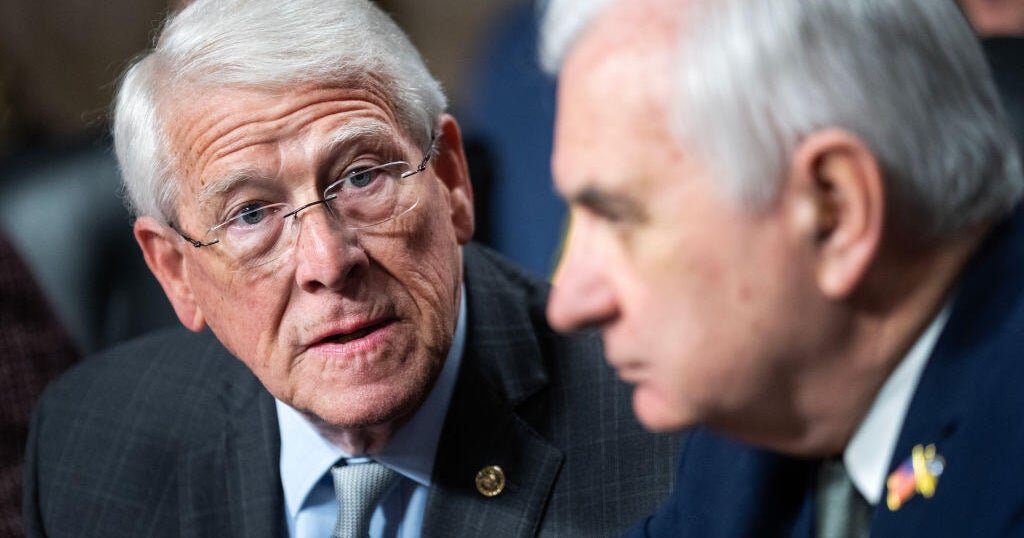Contents
Senate Committee Demands Investigation Into Sensitive Yemen Strike Chat Leak
Senator Roger Wicker, chairman of the Senate Armed Services Committee, has called for an expedited investigation into a leaked Signal group chat discussing military strikes in Yemen, following revelations by The Atlantic that top Trump officials shared operational details.
Lead: In a stunning turn of events, Senator Roger Wicker, a Republican from Mississippi, announced on Wednesday that the Senate Armed Services Committee is pushing for an expedited investigation into the leak of sensitive discussions about military strikes in Yemen. This investigation comes after The Atlantic published screenshots of a Signal group chat, revealing that senior members of the Trump administration, including Defense Secretary Pete Hegseth, were discussing operational details concerning the strikes. Wicker, alongside Democratic ranking member Jack Reed, aims to clarify the accuracy of these revelations and ensure accountability within the Defense Department.
Key Developments in the Investigation
– Senator Wicker and Senator Reed are writing to the Pentagon’s Office of Inspector General, urging a swift investigation.
– The committee seeks to verify whether the disclosed information is classified, as expressed by Wicker’s concerns regarding its sensitive nature.
– Intelligence officials have testified that nothing in the chat was classified, a claim met with skepticism by some lawmakers.
Background on the Leaked Chat
The leak surfaced earlier this week when Jeffrey Goldberg, editor of The Atlantic, was added to a Signal group chat and documented discussions among senior Trump officials regarding military strategies in Yemen. Key points of contention include:
– **Operational Details**: Hegseth allegedly provided specifics on strike timing, weaponry, and aircraft to be utilized.
– **Contradictory Statements**: Top administration officials denied discussing “war plans,” only for The Atlantic to publish evidence otherwise.
Senator Wicker’s Response and Bipartisan Cooperation
Wicker emphasized the importance of bipartisan efforts in navigating this sensitive issue:
– He confirmed that both he and Reed are working collaboratively to address the leak’s implications.
– Wicker expressed his approval of the military strike’s success while highlighting concerns about transparency and accountability within the Defense Department.
Future Steps
The Senate Armed Services Committee plans to conduct a classified briefing with a senior administration official soon to discuss these matters further. Wicker stated:
– “We will get to the bottom of this issue and ensure that our military strategies remain secure.”
– Despite the leak, Wicker did not call for Hegseth’s resignation, noting that no damage was ultimately caused to U.S. operations.
Conclusion: The call for an investigation into the Signal group chat leak underscores the tense balance between military transparency and national security. As the Senate Armed Services Committee moves forward, the implications of this investigation could significantly shape future military communications and operations, revealing the critical need for oversight within the Defense Department.
Keywords: Senate Armed Services Committee, Roger Wicker, Yemen strike, Signal group chat, military investigation, Defense Department, Pete Hegseth, The Atlantic
Hashtags: #Senate #Military #Investigation #Yemen #SignalChat #RogerWicker #TrumpAdministration
Source link



